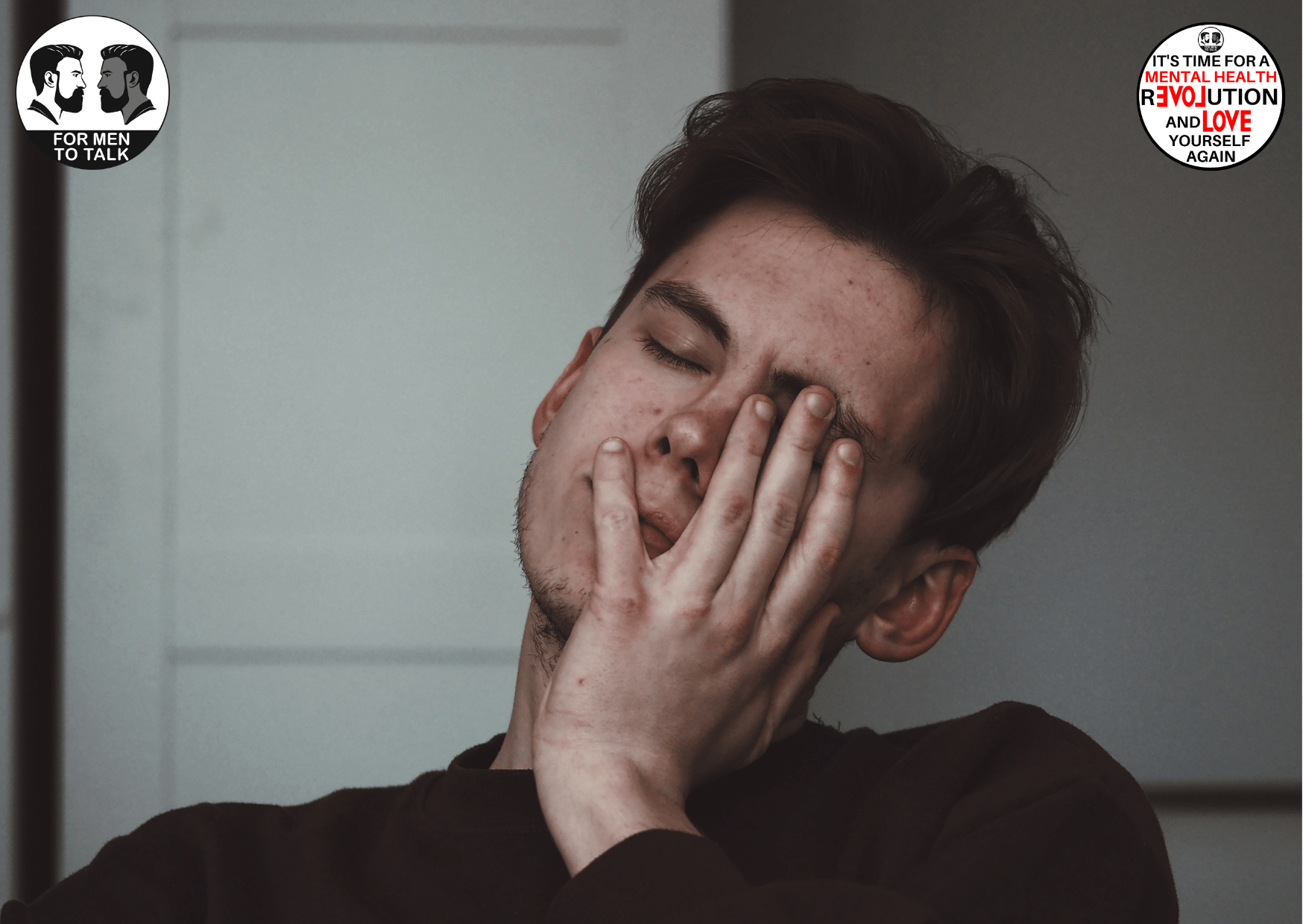Exhaustion and mental health. Tools that can assist you to improve your energy levels

In the modern hustle and bustle of life, it’s not uncommon for men to feel exhausted, both physically and mentally. Whether it’s juggling work responsibilities, family commitments, or personal goals, the constant demands on our time and energy can leave us feeling drained and depleted. However, it’s essential to recognise that prolonged exhaustion can take a significant toll on our mental health, leading to increased stress, anxiety, and even depression. Therefore, finding effective tools to improve energy levels is crucial for maintaining overall well-being.
One of the first steps in combating exhaustion and enhancing mental health is prioritising self-care. This involves recognising the importance of rest and relaxation and making time for activities that rejuvenate both the body and mind. For men, this may mean carving out time for hobbies or interests that bring joy and fulfilment, whether it’s playing sports, practicing mindfulness, or simply spending quality time with loved ones. Engaging in activities that provide a sense of purpose and satisfaction can help replenish energy levels and reduce feelings of burnout.
Another valuable tool for improving energy levels is regular exercise. Physical activity not only boosts endorphins, which are natural mood lifters, but it also enhances overall health and vitality. Whether it’s hitting the gym, going for a run, or participating in team sports, finding a form of exercise that you enjoy can make it easier to incorporate into your daily routine. Additionally, exercise can help alleviate stress and improve sleep quality, both of which are essential for combating exhaustion and maintaining mental well-being.
In addition to exercise, prioritising nutrition is key to sustaining energy levels throughout the day. Consuming a balanced diet rich in fruits, vegetables, lean proteins, and whole grains provides the body with the essential nutrients it needs to function optimally. Avoiding excessive caffeine and sugary foods, which can lead to energy crashes and mood fluctuations, is also important. Instead, focus on fuelling your body with nourishing foods that provide sustained energy and support overall health.
Furthermore, establishing healthy sleep habits is vital for combating exhaustion and promoting mental wellness. Aim for seven to nine hours of quality sleep each night, and create a relaxing bedtime routine to signal to your body that it’s time to wind down. This may include turning off electronic devices, practicing relaxation techniques such as deep breathing or meditation, and ensuring your sleep environment is comfortable and conducive to restorative rest.
In addition to these lifestyle factors, seeking support from friends, family, or a mental health professional can be invaluable for managing exhaustion and improving mental well-being. Talking openly about your feelings and experiences can help alleviate stress and provide perspective, while professional guidance can offer tailored strategies for coping with challenges and enhancing resilience.
In conclusion, exhaustion can take a significant toll on mental health, but there are numerous tools available to help men improve energy levels and overall well-being. By prioritising self-care, incorporating regular exercise, maintaining a balanced diet, prioritising sleep, and seeking support when needed, men can cultivate resilience and vitality in the face of life’s demands. Remember, taking care of your mental health is not a sign of weakness but rather a testament to your strength and commitment to living a fulfilling life.